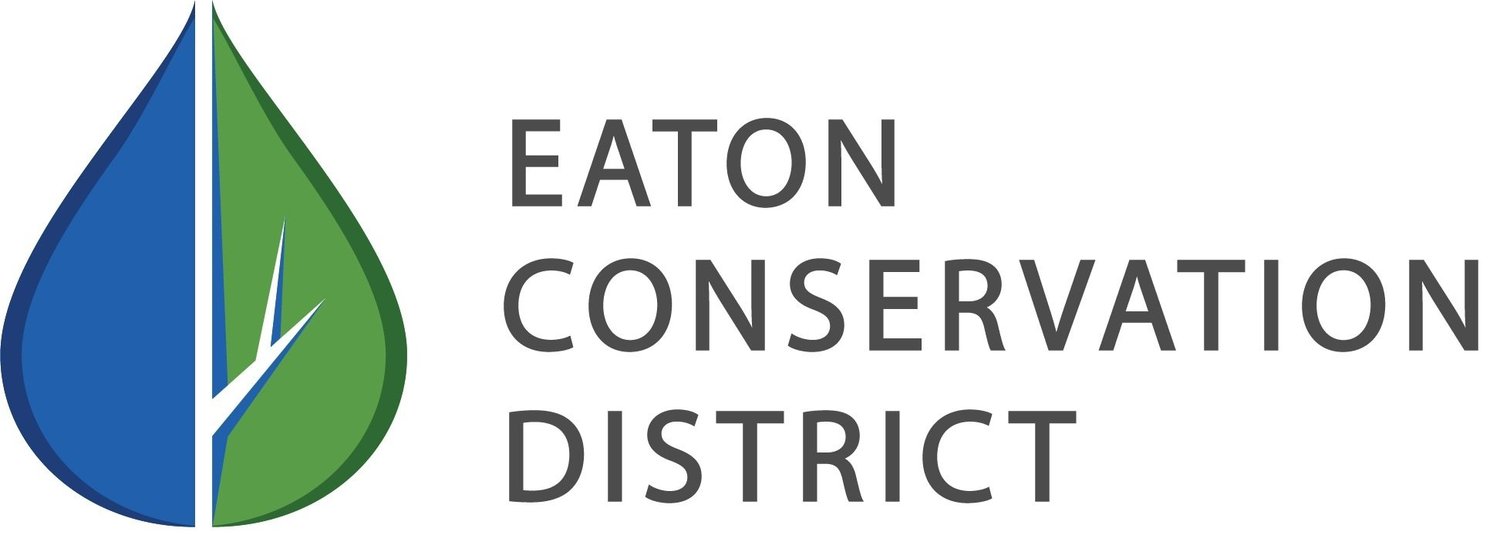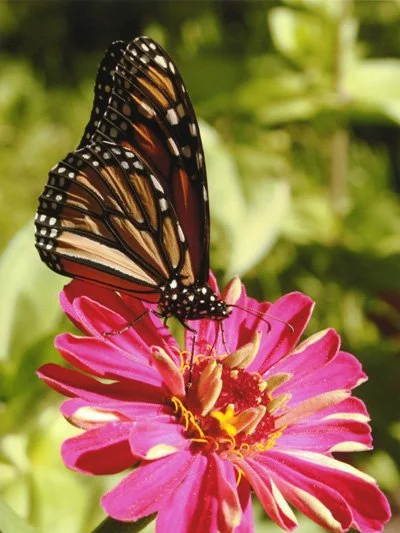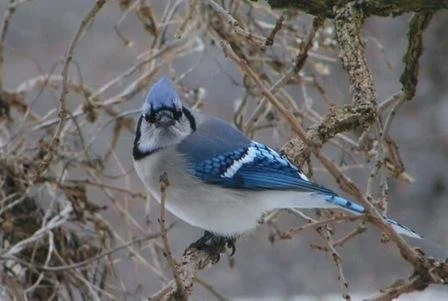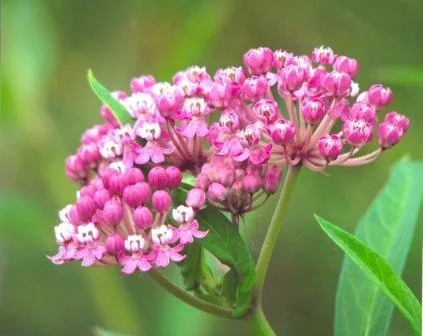Backyard Conservation & Forestry
Just as they do on the farm, conservation practices on non-agricultural land can help increase food and shelter for birds and other wildlife, control soil erosion, reduce sediment in waterways, conserve water and improve water quality, inspire a stewardship ethic, and beautify the landscape.
Backyard Conservation shows you how conservation practices that help conserve and improve natural resources on agricultural land across the country can be adapted for use around your home. These practices help the environment and can make your yard more attractive and enjoyable. Most backyard conservation practices are easy to use. America's farmers and ranchers have been using these practices successfully for decades.
Tip Sheets
Backyard Conservation Publication
Whether you have acres in the country, an average-sized suburban yard, or a tiny plot in the city, you can help protect the environment and add beauty and interest to your surroundings. This colorful publication can get you started.
Printed copies of this colorful 28-page booklet on Backyard Conservation and tip sheets are available free by calling 1-888-LANDCARE (single copies only). This campaign is a cooperative project of the National Association of Conservation Districts, the Wildlife Habitat Council, and USDA's Natural Resources Conservation Service.
Pond Management
Every year, ECD receives a multitude of calls regarding managing weeds and algae in ponds, fish kills, and pond design. These links provide great information about managing ponds.
POND MANAGEMENT: An In-depth Response to Frequently Asked Questions from Pond Owners And Managers
NUISANCE AQUATIC PLANT CONTROL USING ALGICIDES AND HERBICIDES
Wildlife Damage?
Interested in information on how to responsibly handle wildlife damage problems? Please head over to Internet Center for Wildlife Damage Management
Prevention and Control of Wildlife Damage
Forestry Resources
information on forestry and managing your property for wildlife:




